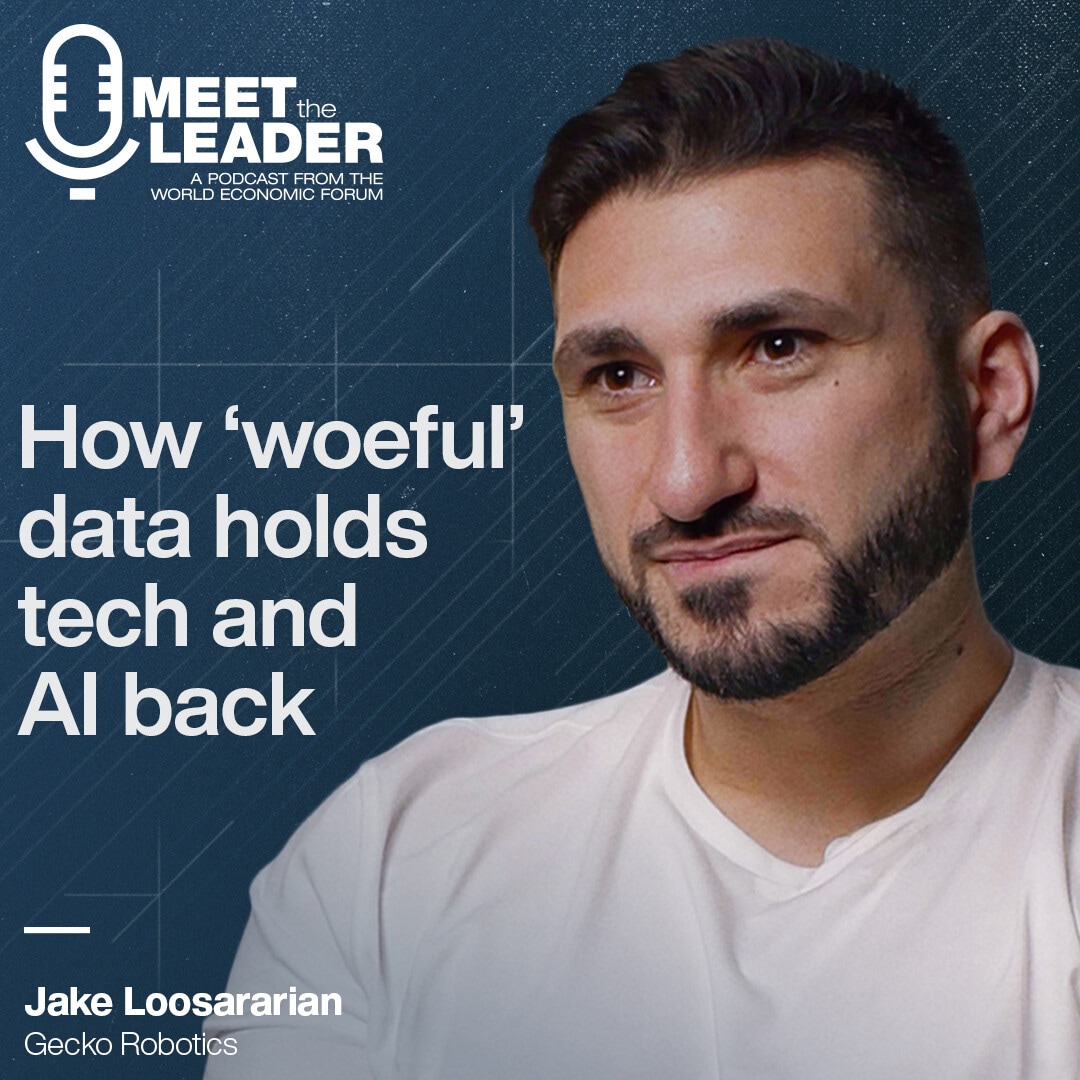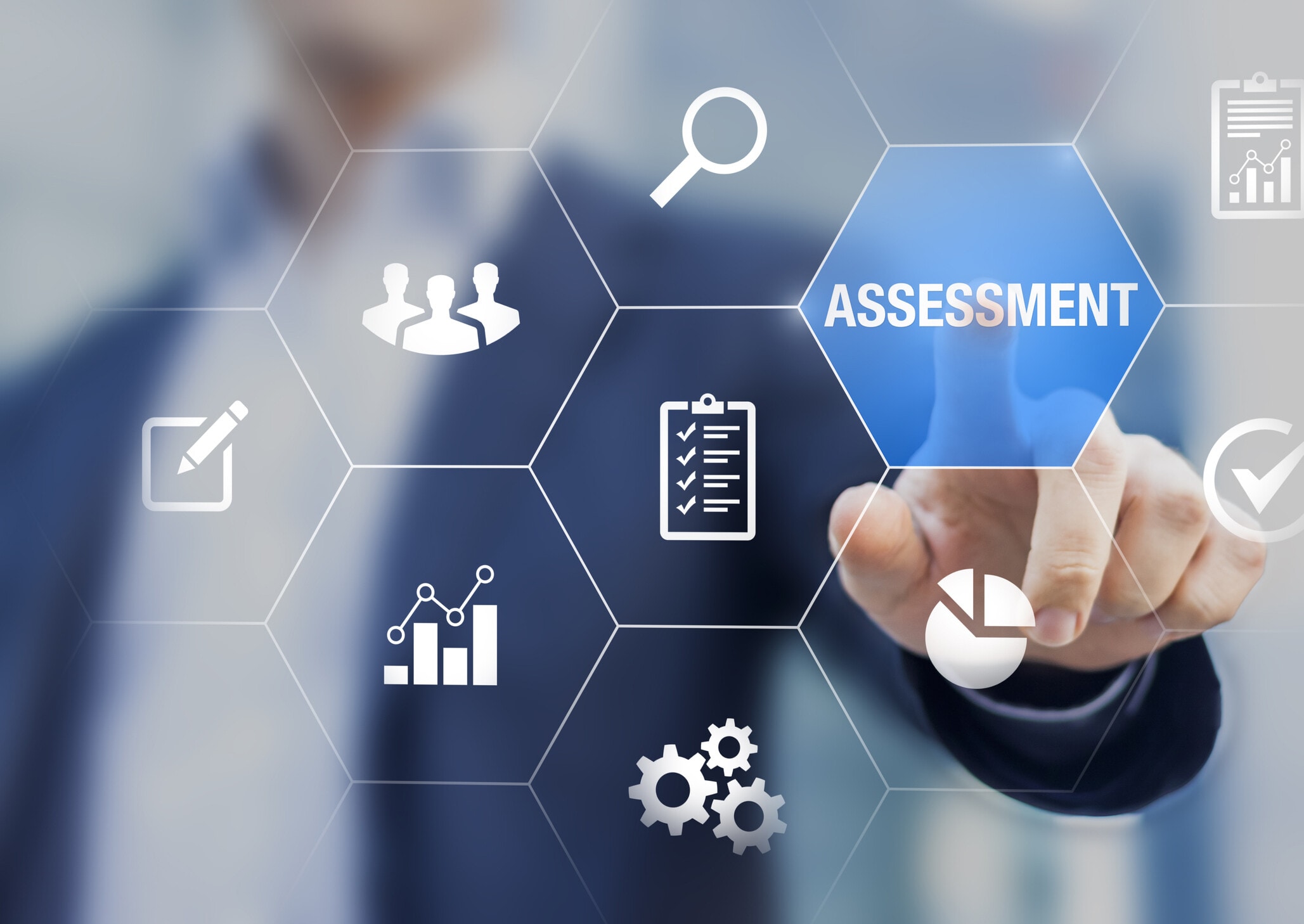5 charts that show what people around the world think about AI

One in six adults expects AI to profoundly change their daily life in the next 3-5 years.
Image: Photo by Michael Dziedzic on Unsplash
Stay up to date:
Technological Transformation
Listen to the article
- A new survey by Ipsos for the World Economic Forum explores attitudes towards artificial intelligence (AI) in 28 countries around the world.
- The survey found that nearly two-thirds of adults expect products and services using AI will profoundly change their daily lives in the next 3-5 years.
- It also highlights differences between emerging and high-income economies.
A new survey by Ipsos for the World Economic Forum has found that 60% of adults around the world expect that products and services using AI will profoundly change their daily life in the next 3-5 years.
The same number also agree that AI products and services will make their life easier, but just half say they have more benefits than drawbacks. And, just 50% say they trust companies that use AI as much as they trust other companies.
“In order to trust artificial intelligence, people must know and understand exactly what AI is, what it’s doing, and its impact,” said Kay Firth-Butterfield, Head of Artificial Intelligence and Machine Learning at the World Economic Forum. “Leaders and companies must make transparent and trustworthy AI a priority as they implement this technology.
Impact of AI on daily life

Nearly two-thirds of people surveyed said they have a good understanding of what artificial intelligence is.
Some 60% of people also think that products and services using AI will make their lives easier, with 60% also expecting AI to profoundly change their daily life in the coming years.
The areas set to see the biggest changes are education, safety and employment.

But will it make life better? Those surveyed were a little less sure, with just 52% saying that products and services using artificial intelligence have more benefits than drawbacks.
However, there are areas where people think AI will improve their lives. Again, education comes top of the list, with entertainment and transportation rounding out the top three.

Trust in AI
As the first chart shows, just half of those surveyed said they trust companies that use AI as much as they trust other companies.
The survey does point to a correlation, though, between understanding AI and trust in companies that use artificial intelligence. It also suggests a difference between emerging and high-income countries.

How is the World Economic Forum ensuring the responsible use of technology?
Country differences
It's not the only difference between high-income and emerging economies uncovered by the survey.
Ipsos reports that citizens from emerging countries are significantly more likely than those from higher-income countries to report being knowledgeable about AI, to trust companies using AI and to have a positive outlook on the impact of AI-powered products and services in their lives.

Ipsos surveyed 19,504 adults in 28 countries between 19 November and 3 December 2021.
Don't miss any update on this topic
Create a free account and access your personalized content collection with our latest publications and analyses.
License and Republishing
World Economic Forum articles may be republished in accordance with the Creative Commons Attribution-NonCommercial-NoDerivatives 4.0 International Public License, and in accordance with our Terms of Use.
The views expressed in this article are those of the author alone and not the World Economic Forum.
Forum Stories newsletter
Bringing you weekly curated insights and analysis on the global issues that matter.
More on Emerging TechnologiesSee all
Jon Jacobson
August 14, 2025
Ruti Ben-Shlomi
August 11, 2025
David Timis
August 8, 2025
António Costa
August 6, 2025
Samuel Alemayehu
August 5, 2025





